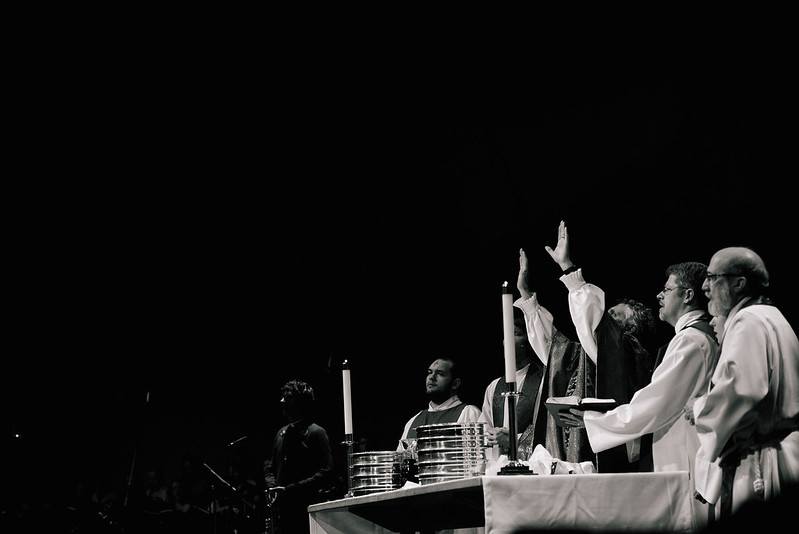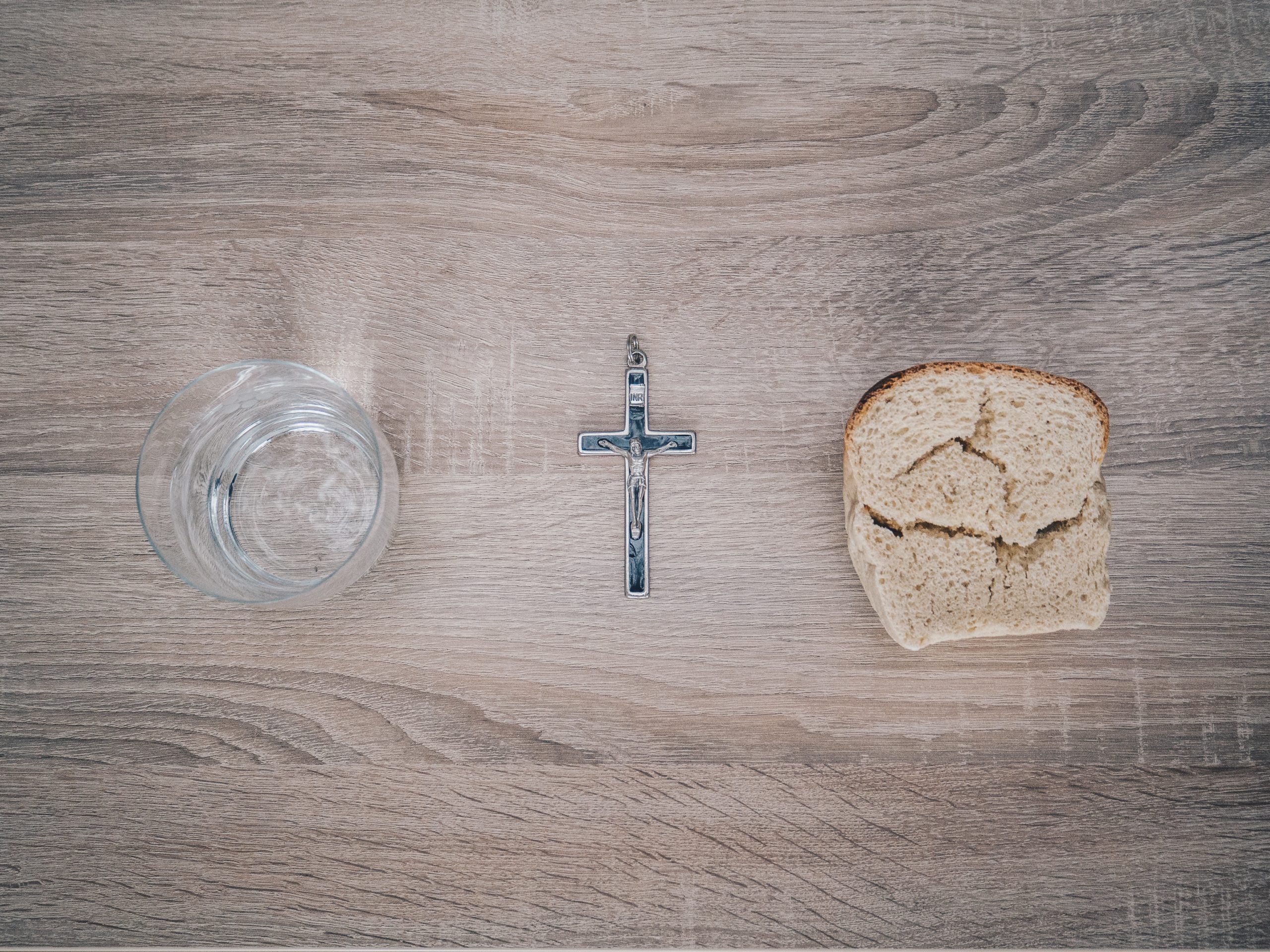
“It’s too late!” I thought as I looked at my calendar and realized it was Ash Wednesday, the beginning of Lent. I didn’t grow up practicing any kind of Lenten fasting or discipline and was thinking that maybe this year could be a good time to start.
The practice of fasting comes from the Bible as a way of drawing near to God (Mat 6:16-18), especially during seasons of repentance (Joel 2:12; Neh 1:4) or discernment (Acts 13:2; 14:23). Experiencing hunger for things that give us comfort reminds us of what we’re truly hungry for: our Lord and his mercy and grace.
Anglicans fast during Lent as a way to prepare ourselves for our worship during Holy Week. In this season, we follow Jesus into the wilderness where he was led by the Spirit to fast and pray for forty days (Mk 1:12-13).
But what should fasting look like for me? Choosing something at the last minute, without any kind of prayer or intentionality, felt arbitrary and not meaningful. “I guess there’s always next year.” I felt like I missed out because I wasn’t ready to begin on Ash Wednesday.

As I look back on this experience, I chuckle at my “all-or-nothing” approach to spiritual discipline. Is God really all that concerned that I begin fasting right on Ash Wednesday as opposed to being a few days (or weeks) late? Surely not. The point isn’t to meet some spiritual checkmark; it’s to meet Jesus. And there’s never a bad time to meet Jesus.
With this experience in mind, I’ve found the following guide to be a helpful way to begin the practice of Lenten fasting. Don’t know what to give up for Lent this year? Just follow the guide. Not sure if these things will have any kind of spiritual effect? Find someone else to fast along with you and dialogue about your experiences over meals. Practicing these disciplines alongside your family or RezGroup could stir up wonderful conversations that draw you close to Jesus in this important season.

A Prayer When Fasting
Lord Jesus Christ, Son of God, have mercy on me, a sinner.
Week 1 (February 21-27)
Fast from foods containing sugar (or if savory foods are more your taste, fast from salty snacks). When do you find yourself craving comfort foods? How do you find comfort in the Lord in times of stress?*
Week 2 (February 28-March 6)
Fast from noise: online videos, TV, radio, recorded music, and movies. How does silence make you feel inside? Where do your thoughts go? In what ways does God speak through silence?*
Week 3 (March 7-13)
Fast from the internet, including social media and other apps (except for work- or school-related purposes). How often did you find yourself reaching for the phone or computer? What does it feel like to unplug?*
Week 4 (March 14-20)
Take up the practice of regular corporate prayer. Ask your family, a parent or sibling, or a friend to pray with you for 10 minutes each evening.
How does it feel to share your cares and concerns with God alongside another person? What difference did it make to do this every day?
Week 5 (March 21-27)
Take up the discipline of encouragement. Each day, use 5-10 minutes to write a short note of gratitude and encouragement to parents, siblings, or friends. Was it hard to think of things to write? Consider how you interact with others in your life and the power of words to do great good or harm.
Week 6 (March 28-April 3)
Attend the services of Maundy Thursday, Good Friday (including Stations of the Cross), and Light & Lessons. Fast on Good Friday during one meal or the entire day until after the service. How does your participation in these events turn an ordinary school week into a “Holy Week”?
* On Sundays we break our fast as a way to look forward to the great celebration of Easter.*

Reading, Prayer, and Fasting Guide
Download Fr. Matt’s guide to Readings, Prayer, and Fasting during the season of Lent

